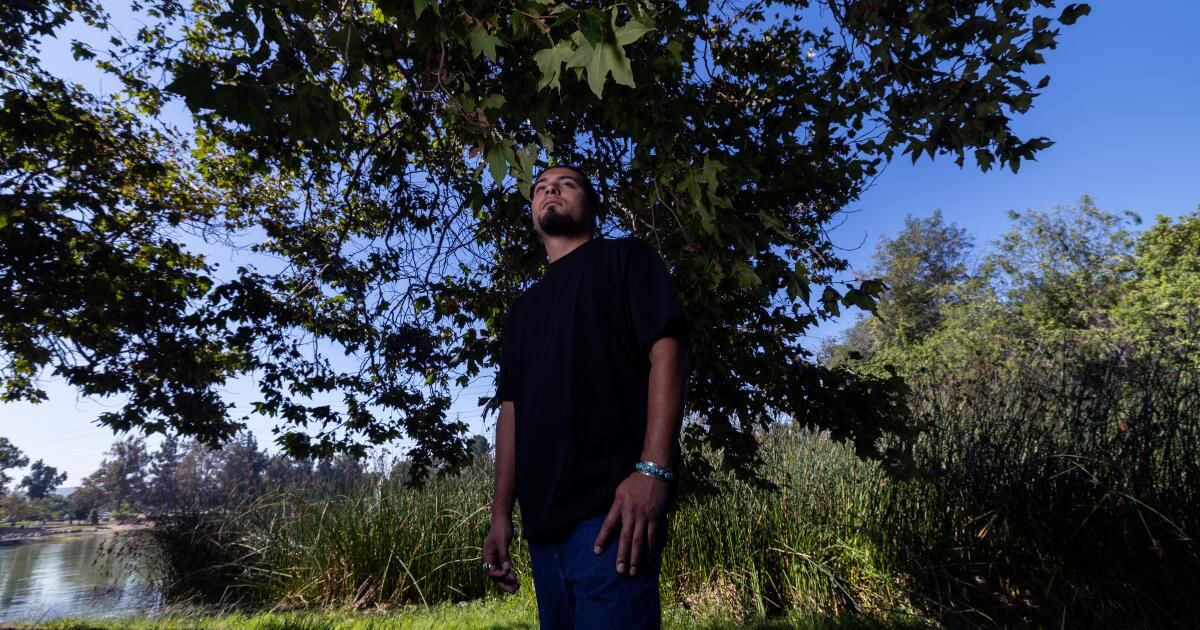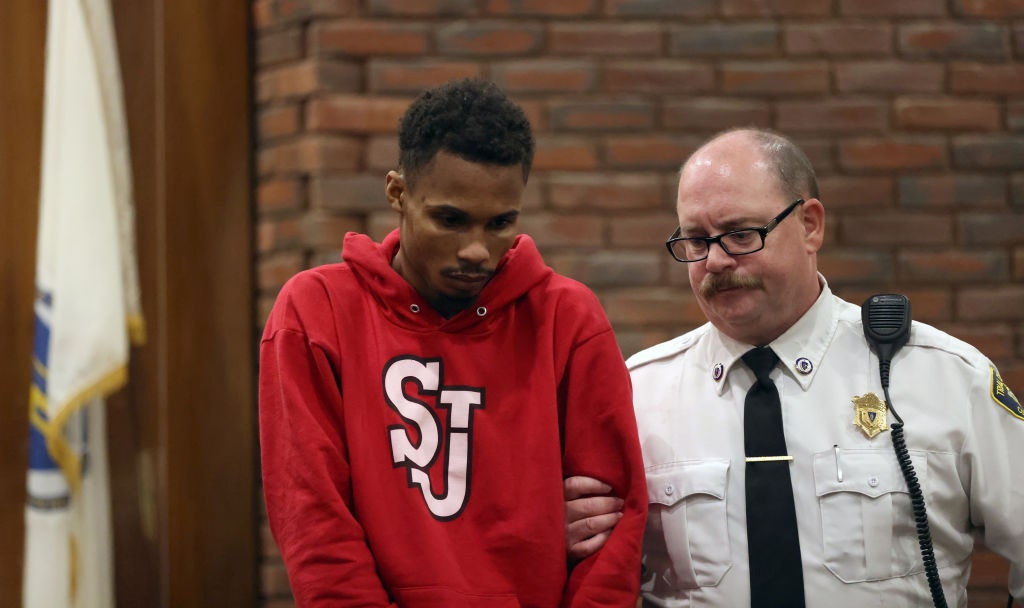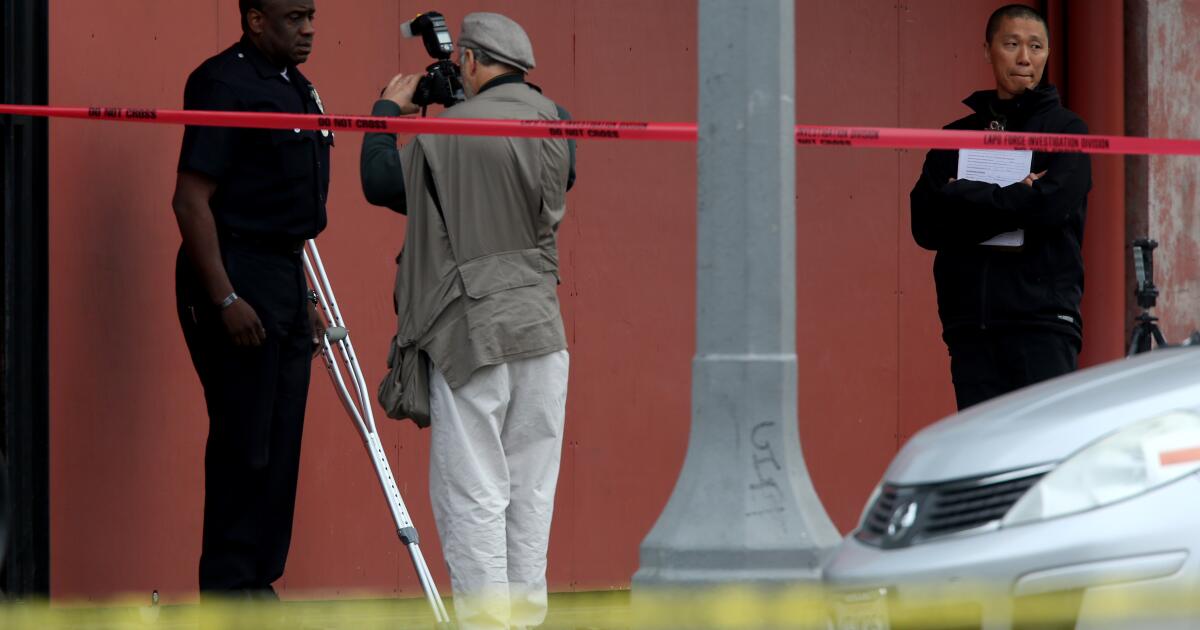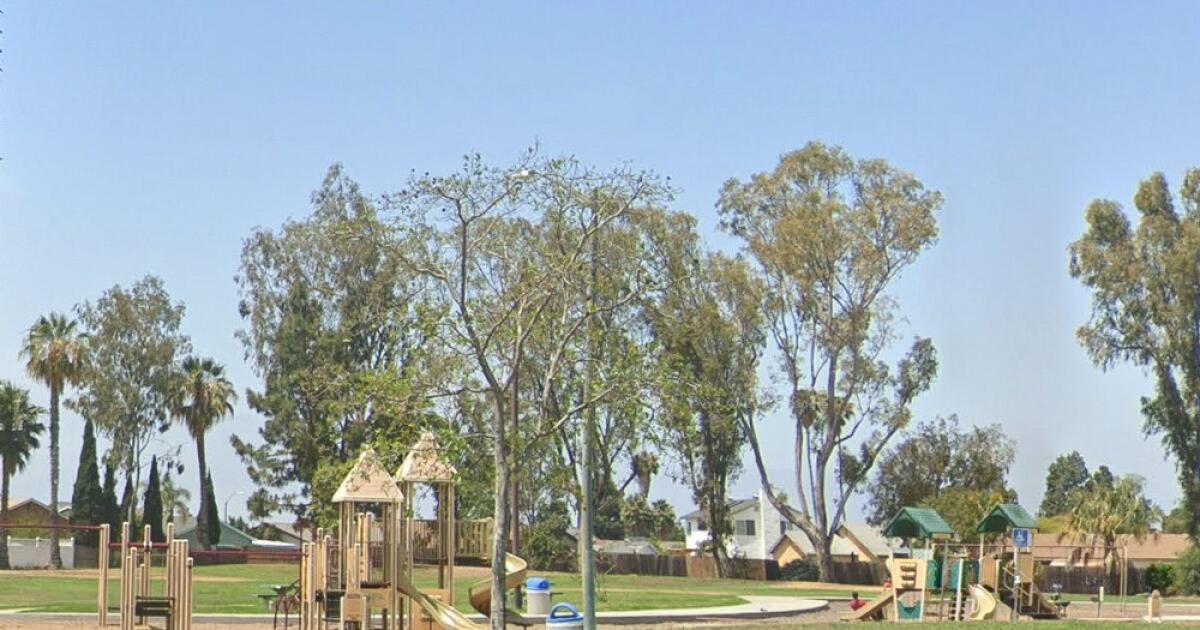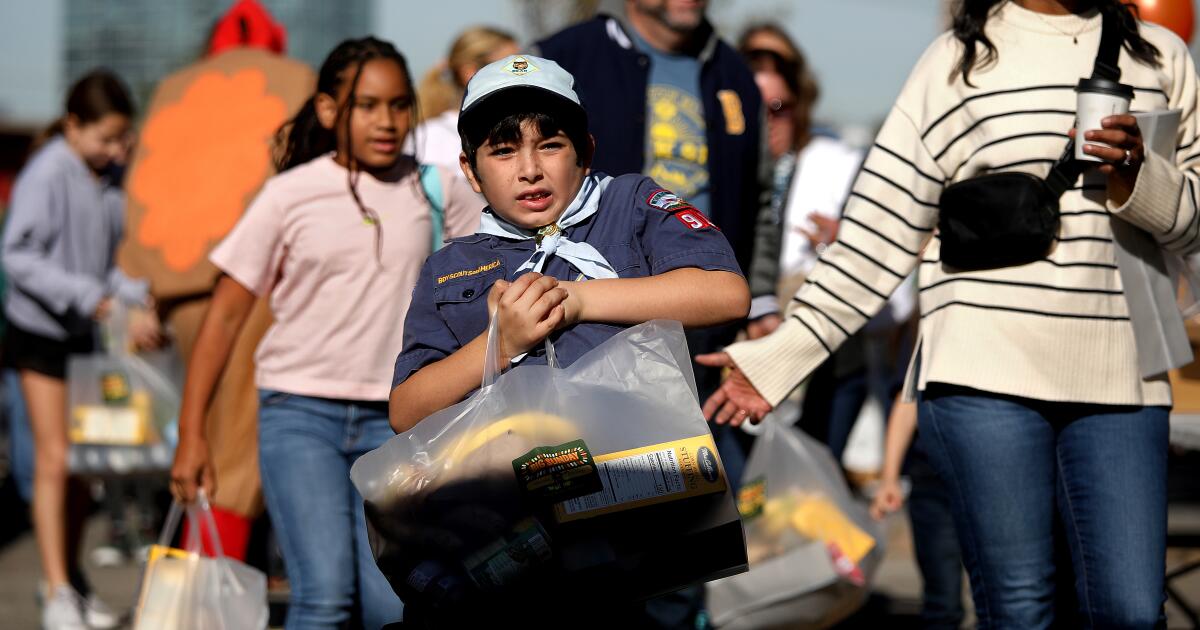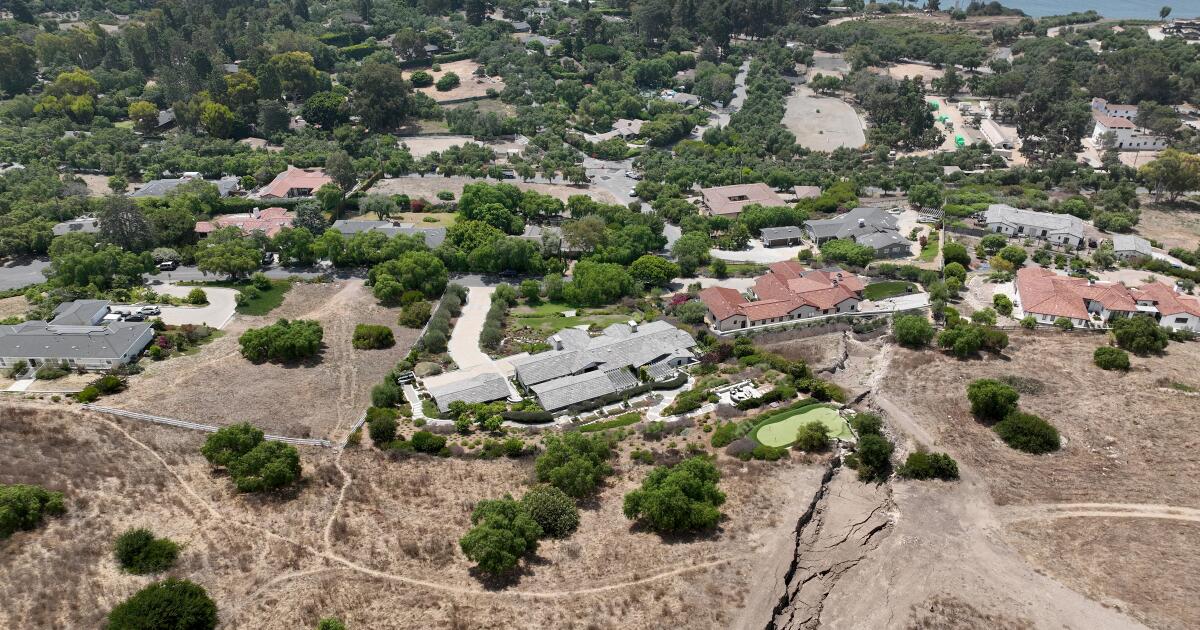In 2022, I was nominated by Sheila Kuehl to serve on the first ever LA County Youth Climate Commission. While bureaucracy is and always will be a pain, I have learned that being a young person within a community is more intimidating to large polluting corporations than being an individual acting alone. I also realize that climate activism is, as my mentors say, “Grab a rake, get dirty, and then you’re protecting the earth.” Solutions gain momentum when community members like me tend to the mulch.
My passion for this work stems from my connection to the land and our inability to fully harness the gifts of nature in an urban environment. I have always wondered how our communities would thrive and how the structure of our society would become so much more prosperous if we had incorporated our real environment into our planning. Instead, our society prefers to create artificial zones and synthetic ways of living.
I remember running to the San Gabriel River after soccer practice as a youngster. It was the dry season, so the water was low, the fish were rotting with flies, and human feces and trash were appearing on the surface. Twenty years later, it still makes me sad to see the same thing. To see that there is still so much water runoff that doesn't go anywhere and river beds covered in cement. To keep listening to people continue to lie about Los Angeles' constant water deficit.
There would be no water shortage and no reason to import water if we reconsidered the way we store it. The reason we are careless with water is because we are unwilling to admit the mistakes of colonialism. It is easier to dump water into the ocean than to admit that we do not know the rainfall cycles in this city. There was a historic flood in Los Angeles over 80 years ago and from then on, those in power decided to cement everything over and divert an ancient waterway. We are still paying for their sins.
We have seen some progress. It should come as no surprise that living near active landfills, oil refineries, oil rigs, power plants, etc. causes serious health problems. In 2022, a new law (Senate Bill 1137) was passed to prevent the drilling of new oil and gas wells within 3,200 feet of homes, schools, parks, and hospitals. The oil and gas industry attempted to have it repealed but dropped their initiative in June.
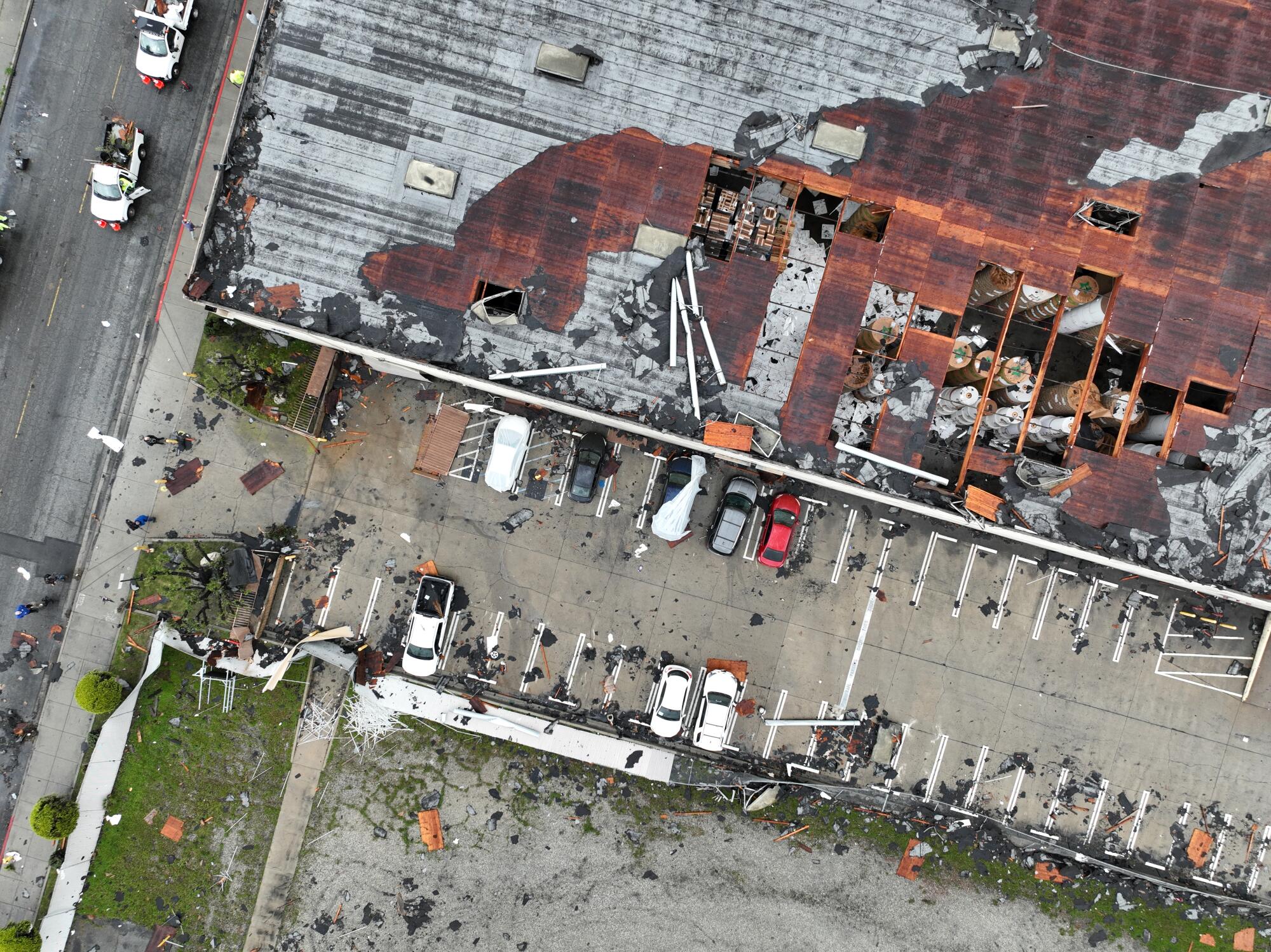
Crews begin clearing debris after a tornado damaged several cars and buildings in Montebello in March 2023.
(Allen J. Schaben/Los Angeles Times)
Solutions to our climate problems are plentiful. If we do our research and look around us, money is not the problem. It is our pride and laziness that will prevent us from achieving a rebalance in our ecosystems.
I believe my role is to undo the colonial actions that were instilled in the first place to inflict genocidal practices against an entire continent full of people. The practices that are still used today may be the result of ignorant obedience, but they are still a practice of violent colonialism. It is time for us to stop defending those values and protect the entire human race.
After all, the Earth will always return us to a balanced reality, whether it benefits us or not. I am hopeful and joyful because, recently, local governments have been consulting with indigenous nations on hundred-year-old problems using thousand-year-old solutions. Firefighters, for example, have begun partnering with local tribes to save national parks by implementing cultural burns and species reintroductions.
Individuals and communities can take action. Installing rooftop gardens on buildings can accelerate heat release in entire communities and absorb air pollutants. The concept of living walls can help cool the air and provide an evaporative cooling effect. Green infrastructure offsets urban heat that is trapped in concrete and other uninhabitable materials.
I became interested in infrastructure as a solution to counteract climate catastrophe after learning from other places around the world. The Colombian city of Medellin reduced the average temperature by 2 degrees Celsius (or 3.6 degrees Fahrenheit) by using green infrastructure and planting thousands of trees in a matter of 10 years.
Don't get me wrong: many solutions are unique to their location, but if they are not transferable they can be inspiring.
People are responsible for climate change. There shouldn't be tornadoes in East Los Angeles, but here we are. The Earth will always win. You'll have to decide what you're willing to do to make it a safe place for our young people.
Isaac Michael Ybarra, a visual artist and storyteller, is Tongva, Chumash, and Xicano. Drawing on his ancestral culture, he uses film, photography, and poetry to amplify decolonial narratives and reclaim indigenous pedagogies. He graduated from Cal State Northridge, where he learned to empower his community through coalition building and managing bureaucracy. Today, he is a graduate of Cal State Northridge., She is a member of the California Creative Corps and a county representative in District 3 of the Youth Climate Commission. Through these roles, She is creating a film anthology about undoing erasure in Los Angeles County, reflecting a synergistic ecosystem that has thrived for thousands of years.

